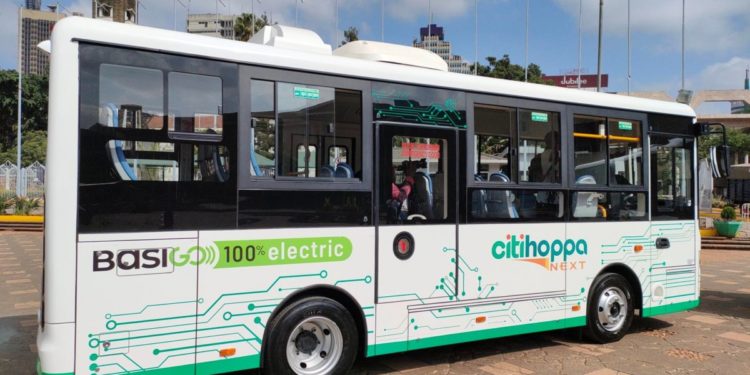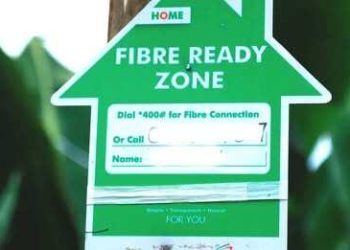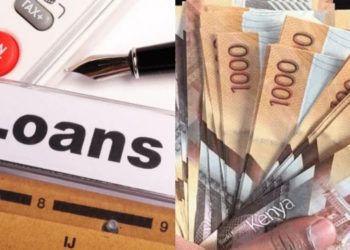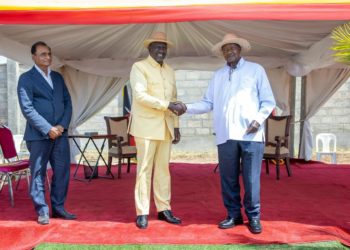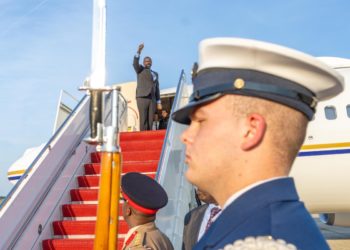Following President Ruto’s state visit to the United States, the White House unveiled a multifaceted partnership between the U.S. and Kenya aimed at advancing clean energy and climate resilience initiatives.
Among the array of agreements and investments, BasiGo, an electric vehicle startup, emerged as a key beneficiary, securing a $10 million loan from the U.S. International Development Finance Corporation (DFC) to bolster Kenya’s e-mobility sector.
The collaboration, termed the U.S.-Kenya Climate and Clean Energy Industrial Partnership, underscores a joint commitment to harnessing climate action as a driver of economic growth. According to a communication from the White House, this partnership aims to elevate climate action and green industrialization as pivotal aspects of the bilateral relationship between the two nations.
Under the agreement, BasiGo is set to expand its operations, leasing and selling electric buses to public transport operators in Kenya. The loan facilitated by the DFC will enable BasiGo to procure buses and batteries, furthering Kenya’s ambitious climate goals and promoting sustainable transportation solutions.
In addition to BasiGo’s funding, a slew of other initiatives were announced, signaling a comprehensive effort to bolster clean energy deployment, sustainable agriculture, and resilience in Kenya. These initiatives include USAID’s commitment of $300,000 to support women’s entrepreneurship in the Kenyan energy sector, as well as a $3.6 million pledge to accelerate the connection of homes, businesses, and institutions to cleaner electricity.
Besides, DFC extended a similar amount in loan terms to Roam Electric for electric motorcycles, a KES 1.325 billion loan to Mogo Auto Kenya for affordable vehicle financing and KES 7.95 billion from the Millennium Challenge Corporation for urban mobility in Nairobi.
Furthermore, Virunga Power, a U.S. company, unveiled plans for six run-of-river hydropower projects in Kenya, with an expected investment of $100 million over the next five years. These projects aim to provide 31 megawatts of clean, renewable energy, bolstering Kenya’s energy infrastructure and facilitating economic growth in rural areas.
The partnership also extends to governmental cooperation, with the U.S. Department of Energy and the Kenyan Ministry of Energy announcing their intent to sign a memorandum of understanding (MOU) in June. This MOU aims to enhance collaboration in the development of clean energy technologies and decarbonization strategies, fostering sustainable and climate-resilient economic growth.


